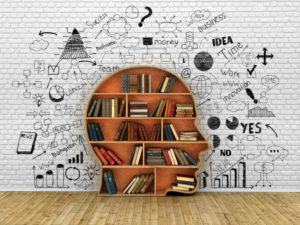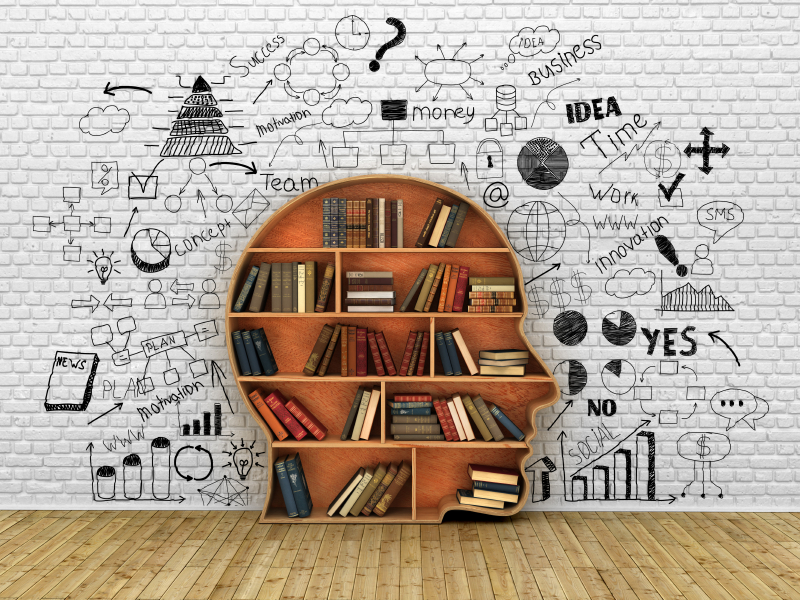

While the knowledge students learn during their K-12 years is important, any teacher will tell you that students learn far more in school than what they are tested on. Throughout their educations, students are encouraged to try different methods of learning and presenting their knowledge.
What is metacognition?
Metacognition is the ability to examine how you process thoughts and feelings. This ability encourages students to understand how they learn best. It also helps them to develop self-awareness skills that become important as they get older. People who have developed metacognition are able to assess their thought processes and reframe the way they think to adapt to new situations.
Using metacognition, students gain an understanding of the situations, processes and methods that work best for them. They may discover that a technique that works for one class doesn’t work for all of them or that studying for one subject might require more time than another. Through the process of trial and error, students succeed in some methods and fail in others before trying again.
Learning metacognition in the classroom
Teachers can help students develop metacognition with a number of strategies. To start, teachers can provide students with information about how the brain processes information, how it forms knowledge and memories, as well as the impact stress has on these abilities. Teachers can also encourage students to recognize what they don’t understand and discuss how confronting the unknown is an integral part of the learning experience.
To help students recognize how they learn best:
- Schedule time for students to reflect on the learning process and see how their knowledge has changed.
- Provide opportunities for students to reflect on what was difficult for them to learn versus what was easy and why and which study habits or strategies worked and which ones didn’t and why.
- Encourage students to understand how people get answers, both wrong and right, and the processes used to get to these points.
Lesson plans for reflexive thinking
A number of assignments can help students practice reflexive thinking, which is an activity that encourages metacognition. For instance, essay exams encourage higher-level thinking, helping students activate additional knowledge in the learning process.
Teachers can also assign students to assess their own beliefs regarding issues like race, bias or other held beliefs. This assessment pushes both personal growth and understanding of how beliefs are formed and how they can evolve. In short, any assignment that encourages students to figure out the answers on their own helps them to work through the learning process and refine their learning skills.
Group work and collaboration further enable students to develop metacognition as these skills help students to work through problems in new ways. Working with others enables students to look at problems from new perspectives and helps them to understand how they might better approach problems in the future.
Benefits of classroom metacognition
Students receiving instruction on metacognition develop skills that will make them more successful in their academic and professional careers. The better able a student is to understand how he or she learns, remembers and processes information, the more information he or she will ultimately retain. This ability is further linked to developing better memory skills, which is a predictor of future academic success.
Students who understand how they learn are better able to create situations that promote learning. For instance, learners might know that they need to study in a quiet room, at a certain time of day, or with notecards in a class that requires a lot of memorization. Alternatively, he or she might know that writing requires a different sort of setting or time allotment all together.
While there is a lot to teach in a day, encouraging time for reflection on the learning process enables students to better understand their own learning processes. This, in turn, provides students with the skills to study and complete coursework more efficiently and successfully.
Caitrin Blake has a BA in English and Sociology from the University of Vermont and a master’s degree in English literature from the University of Colorado Denver. She teaches composition at Arapahoe Community College.
Categorized as: Tips for Teachers and Classroom Resources
Tagged as: Mid-Career Teacher, New Teacher, Veteran Teacher
